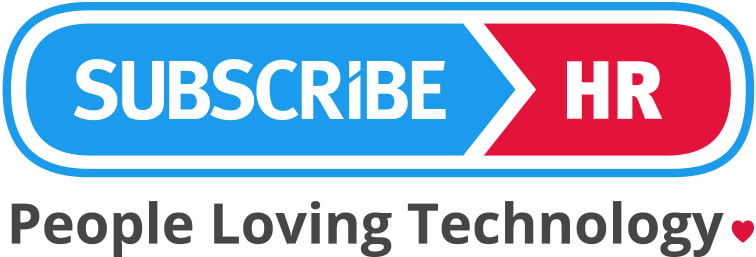When researching her new book on gender in the workplace, Avril Henry discovered a few crucial keys to creating equality in the workplace. The most significant of these, is the role that white men can play in promoting both gender (and racial) diversity and equality.
Even programs like the recently announced UNWomen initiative #HeForShe campaign raise awareness that women's issues are also men's issues too.
In our recent blog on The Gender Equation, we focused on gender gap statistics in Australia, however if you look at the global picture, and consider the data for the largest economy in the world, the numbers of women in top positions at many US companies (only 4.6% of Fortune 500 CEOs are women) are equally as dishearteneing. The lack of women in innovative hotspots like Silicon Valey and the persistent pay gap (women still earn 78 cents for every dollar men earn in the USA) can often seem insurmountable.
However, according to Avri's research, there are impactful things that every man can do in the name of equality.
Sponsor Women In The Workplace
It's not just Avril Henry's research which concludes that men can play a significant role in creating gender equality by actively sponsoring and supporting women in the workplace. Fast Company have written extensively on the importance of sponsorship for career success. It’s extremely important for women, particularly young women just entering the workforce, to have role models and get advice from more senior team members who are willing to champion their career progress.
![]()
Pay Attention To Double Standards in Workplace Language
We use different words to describe women in the workplace than we do to describe men. These words often promote a double standard, and women are often just as guilty of participating in the unconscious double standards as men. Not only do women receive far more critical feedback at work than men, the criticism that they receive is almost always about their personalities, rather than their actual performance.
On top of this inherent double standard in the common vernacular of the workplace, the same behavior in men is often described differently when it was displayed by women. For example, a man 'needs to be more patient' while a woman is 'abrasive' or 'judgmental' when exhibiting the same behaviour.
In addition, we often use words that qualify a woman’s accomplishments by her gender. Consider whether you would be likely to likely call someone a man a 'male venture capitalist,' or a 'dadtrepreneur.' Yet few think twice when using qualifiers like 'female VC' and 'momtrepreneur.'
As long as we continue to have one set of language for men and another for women, or put women’s gender in front of their professions, this serves only to perpetuate and reinforce the belief (unconscious or not) that women are, or should be, playing by a different (and unequal) set of rules.
Don't Create Or Participate In Panels Of Experts Where Everyone Is The Same / Reinforces The Status Quo
Gandhi encouraged others to be the change we wish to see in the world. Each of us is therefore responsible for championing and leading the changes we want to see in our workplaces. If you are asked to create (or speak on) an 'expert' panel that consists solely of white, priviledged, men, be the voice that speaks up for diversity. Ask to bring in women, minorities and the women in those minorities who are doing interesting work on the topic in question, into the fold and onto the panel.
Everyone loves to tout their innovative thinking and disruptive businesses, yet how innovative or disruptive is any organisation, if the only perspective being upheld as the gospel comes from the same old, uniform group as the bygone days?
To access Avril's deeper insights into workplace equality and learn more about how you can create a more balanced working environment, you can download the latest White Paper in our Thought Leadership Series, 'The Gender Equation,' by clicking below.


